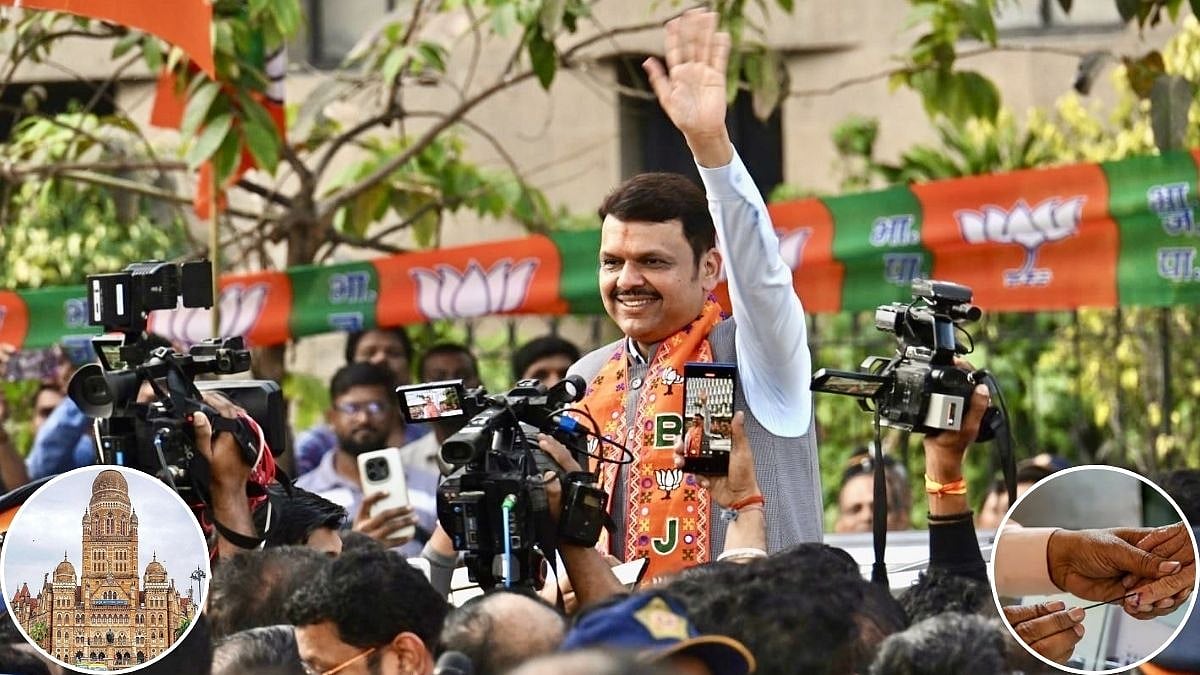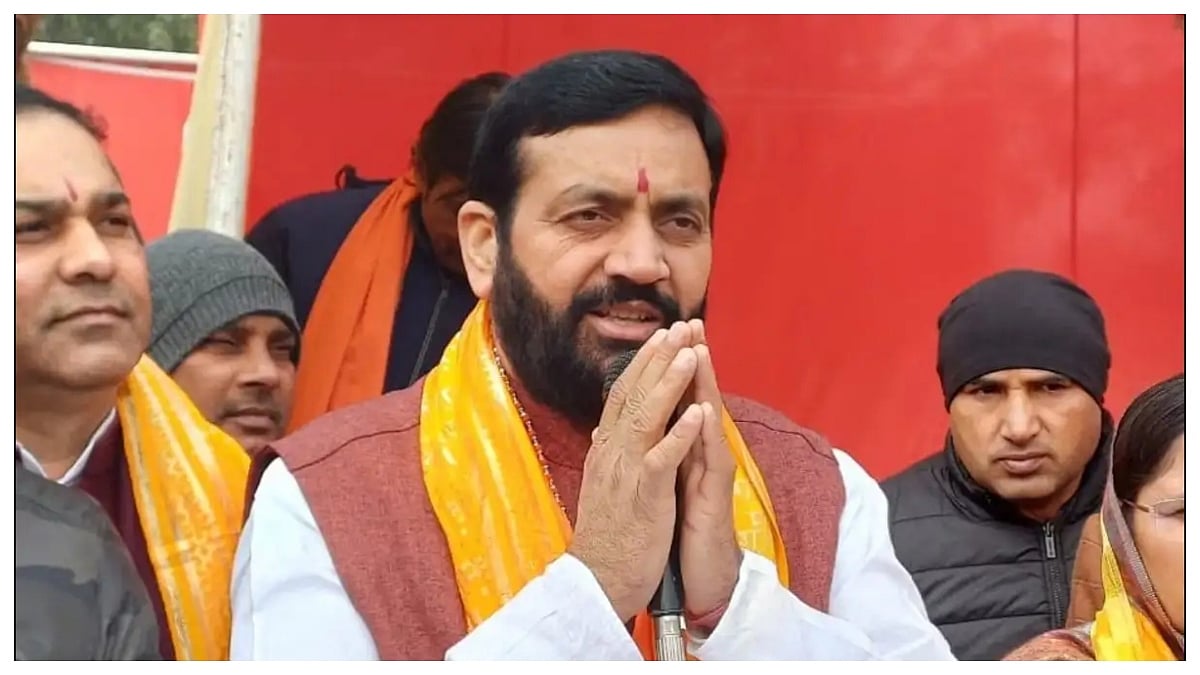In its submission to the Supreme Court during the hearing of the Electoral Bonds case, the Government of India made this submission: “Citizens do not have a general right to know regarding the funding of political parties. Right to know is not a general right available to citizens”. That the SC gave a landmark decision terming the scheme unconstitutional and directing the agencies involved, the Election Commission of India and the State Bank of India, to share the information of these bonds since the Modi government launched it in 2018, allows Indians to heave a sigh of relief. The judgment, six years too late, may have little political impact on the ruling party as it sits smug on nearly 55% of the Rs 16,500 crore collected so far, but it has underscored two critical aspects of our democracy: transparency as a cornerstone of election funding and people’s right to know.
The SC, in a sense, threw out the government’s submission that citizens do not have a general right to know and such a right is not available to citizens. This gives a much-needed shot in the arm to Right to Information. When the government made its shocking submission, it attempted to shake the very foundation of our electoral democracy and dismiss the nearly two decades-old struggles to first enact the RTI — which happened during the Dr Manmohan Singh-led government in 2005 — and later implement it. The Modi governments since 2014 have made it hollow and relatively meaningless but it remains on our statute books, endowing every Indian with the right to access information about people, events, decisions of governments.
Which individuals and corporate houses bought the electoral bonds of what value and whose money went to the ruling Bharatiya Janata Party in such a large measure are questions that Indians, especially voting citizens, must have answers to. That the government argued against this is appalling. It also points to worrying trends in the governance structure where official agencies mine every bit of information about citizens and maintain large databases — often with corporate involvement — but the government fights hard to withhold who funded its election campaigns. This is not invoking but mocking the right to privacy. Such funding, as is well documented, does not happen without a quid pro quo; these individuals and entities expected returns by way of favourable policies and more. Citizens have every right to this information; it cannot be a private affair between political parties and their funders.









